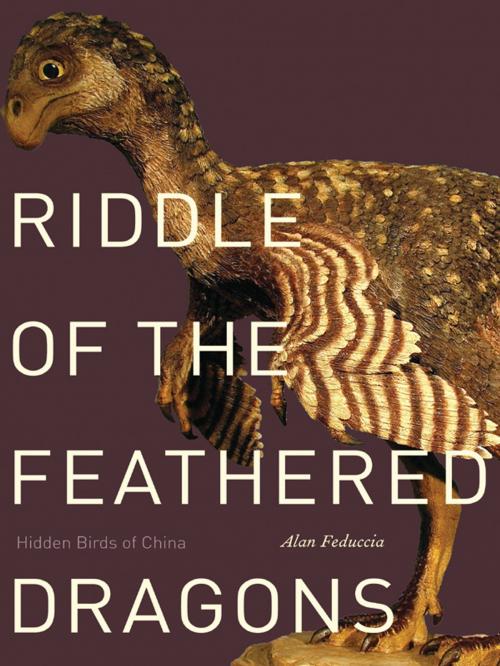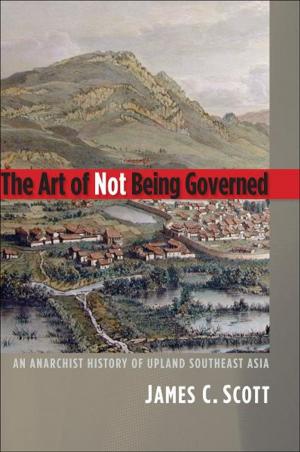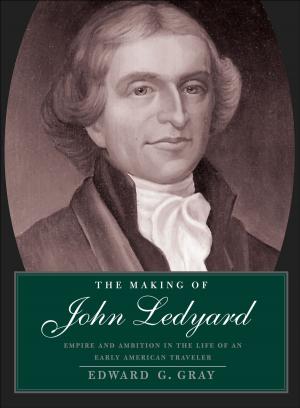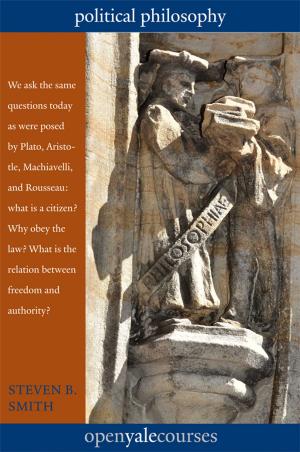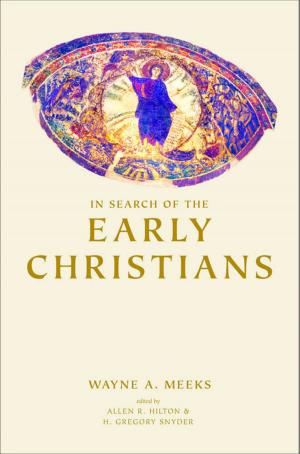Riddle of the Feathered Dragons: Hidden Birds of China
Nonfiction, Science & Nature, Science, Earth Sciences, Palaeontology, Biological Sciences, Zoology, Evolution| Author: | Prof. Alan Feduccia | ISBN: | 9780300165692 |
| Publisher: | Yale University Press | Publication: | January 20, 2012 |
| Imprint: | Yale University Press | Language: | English |
| Author: | Prof. Alan Feduccia |
| ISBN: | 9780300165692 |
| Publisher: | Yale University Press |
| Publication: | January 20, 2012 |
| Imprint: | Yale University Press |
| Language: | English |
Examining and interpreting recent spectacular fossil discoveries in China, paleontologists have arrived at a prevailing view: there is now incontrovertible evidence that birds represent the last living dinosaur. But is this conclusion beyond dispute? In this book, evolutionary biologist Alan Feduccia provides the most comprehensive discussion yet of the avian and associated evidence found in China, then exposes the massive, unfounded speculation that has accompanied these discoveries and been published in the pages of prestigious scientific journals.
Advocates of the current orthodoxy on bird origins have ignored contrary data, misinterpreted fossils, and used faulty reasoning, the author argues. He considers why and how the debate has become so polemical and makes a plea to refocus the discussion by “breaking away from methodological straitjackets and viewing the world of origins anew.” Drawing on a lifetime of study, he offers his own current understanding of the origin of birds and avian flight.
Examining and interpreting recent spectacular fossil discoveries in China, paleontologists have arrived at a prevailing view: there is now incontrovertible evidence that birds represent the last living dinosaur. But is this conclusion beyond dispute? In this book, evolutionary biologist Alan Feduccia provides the most comprehensive discussion yet of the avian and associated evidence found in China, then exposes the massive, unfounded speculation that has accompanied these discoveries and been published in the pages of prestigious scientific journals.
Advocates of the current orthodoxy on bird origins have ignored contrary data, misinterpreted fossils, and used faulty reasoning, the author argues. He considers why and how the debate has become so polemical and makes a plea to refocus the discussion by “breaking away from methodological straitjackets and viewing the world of origins anew.” Drawing on a lifetime of study, he offers his own current understanding of the origin of birds and avian flight.
